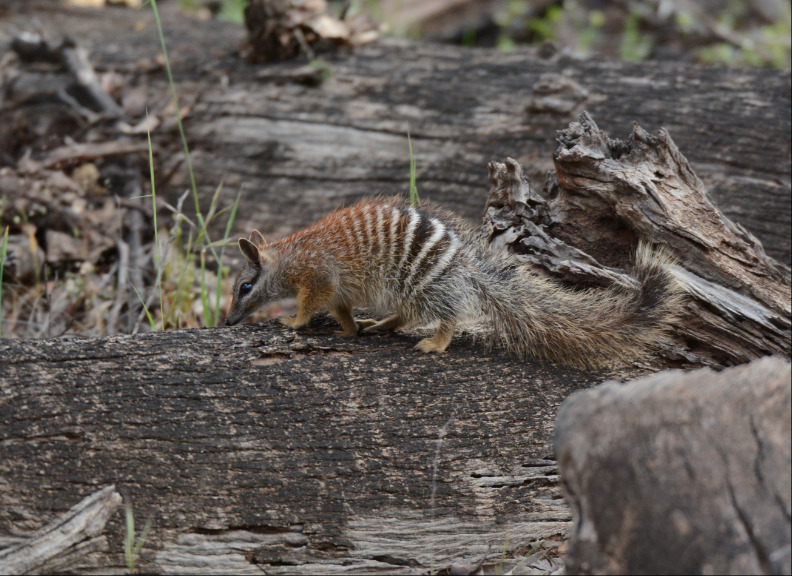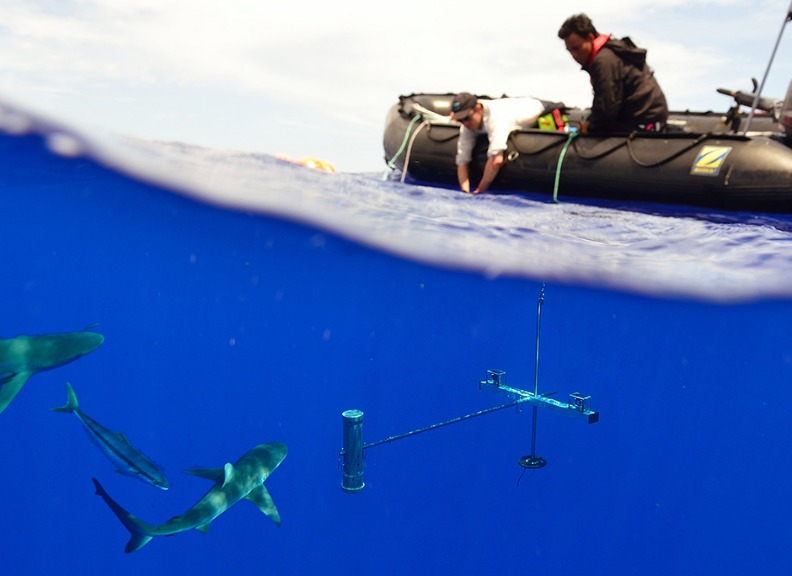
PROFILE
Professor Gary Kendrick
Started at UWA: 1998
We need to take action to enhance marine coastal ecosystem resilience at appropriate spatial and temporal scales under global anthropogenic change. Professor Gary Kendrick
Gary Kendrick is a research and teaching Professor at The Oceans Institute and Head of Biological Sciences, the University of Western Australia. Professor Gary Kendrick’s long-term research goal is to develop a predictive framework for understanding the spatial and temporal dynamics between marine species distributions, their biology and the physical environment.
Gary Kendrick’s research has contributed to the fundamental ecological understanding of reef and seagrass habitats in temperate Western Australia, a globally unique region, but his research is not restricted to this one area. Gary’s Research has been in Australia (mostly in Shark Bay), Spain, Canda, UWA, SE Asia, Ecuador and Brazil.
He is passionate about working with diverse regional and indigenous communities to address impacts of global environmental change at the local scale.
"I work at UWA because I like being surrounded by highly inquisitive, creative and talented individuals being given the space to create the future for humanity."
External position:- Programme External Assessor for Bachelor of Environmental Studies and Bachelor of Geography for the Universiti Malaya, Petaling Jaya, Malaysia
Highlights
- Notable achievements
-
- Seagrass ecosystems and conservation: Gary has focussed on assessing conservation values of seagrass ecosystems and threats to seagrass ecosystems under anthropogenic stress for his whole career, and more recently has extended it to global climate change. This work has influenced environmental management and policy for the conservation and restoration of seagrasses nationally.
- Dispersal, recruitment ecology and population genetics of seagrasses and macroalgae. Gary is recognized for applying terrestrial seed dispersal theory to seagrass seed ecology. He works closely with geneticists on population genetics, clonal genetics, mating systems, paternity analysis and dispersal of seagrasses. Gary's papers on the importance of seed dispersal and recruitment have influenced approaches taken elsewhere over the past decade.
- Seagrass restoration ecology, biogeochemistry and ecophysiology. Gary's interests in restoring seagrasses using innovative seed-based methods are presently having an influence on future restoration projects in Australia and globally. This work has resulted in a growing interest in the interaction between seagrass and their environment.
- Research
-
Gary’s key research is in macroalgal and seagrass ecology and marine ecology.
Gary is currently working on natural recovery of seagrass (Wirriya Jalyanu) restoration in Shark Bay (Gathaagudu). Gary has recently received an ARC Discovery Grant titled ‘Saving Seagrass from Climate Change’ over a three-year project in Shark Bay.
Gary’s Future Research:- Seagrass adaptation and acclimation responses to extreme climatic events
- Circumventing demographic processes that limit seagrass restoration
- The role of restoration in conserving MNES
- Resilience in tropical coral macroalgae and seagrasses.
- Carbon stores and sequestration in seagrass meadows
- Seed based restoration of seagrasses
- Funding
-
- Gary has recently received an ARC Discovery Grant for Saving Seagrass from Climate Change over a three-year project in Shark Bay.
Teaching and supervisor opportunities
Gary is currently teaching the following units:
Gary has successfully supervised 37 PhD, 2 MSc and 26 Honours students to completion. "Two of my PhD students received UWA distinctions for their thesis. I find the role of supervisor very rewarding, and my continued collaboration with my graduated PhD students a major stimulus for my own research."
Previous topics he has supervised include:
- Understanding the role of upper-shelf reefs in coastal ecology: can they act as refugia for shallow marine sessile communities in an extreme climatic event?
- Social-ecological considerations for fishery improvement projects in the developing world: insights from case studies in Central America and the Caribbean.
- The seagrass rhizosphere. Understanding the bottom to manage the top.
- Unexplored aspects of the biotic filter to seedling recruitment in aquatic environments.
- Ningaloo mesophotic reefs: characterising the communities and assessing connectivity, encompassing AUV technology.
- Phosphorus biogeochemistry of Shark Bay.
- The role of ocean dynamics on seagrass seed dispersal and recruitment in Western Australia.





































